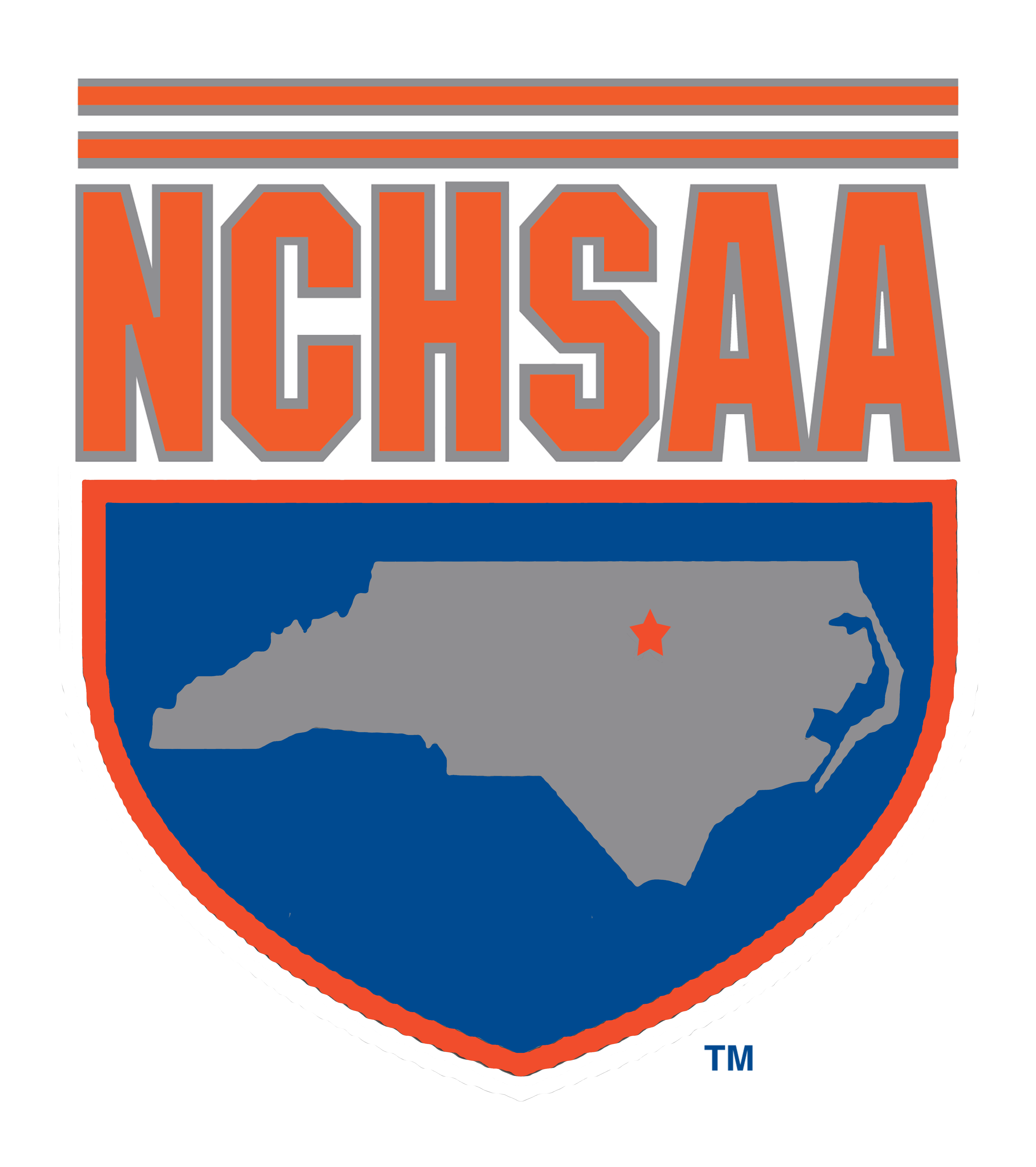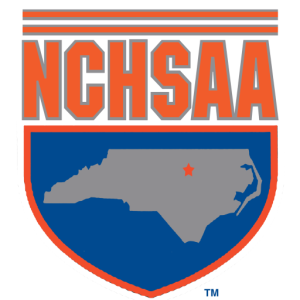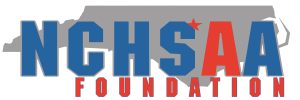Phil Weaver is one of the co-directors of the North Carolina Coaches Association in Greensboro who also has enjoyed an excellent career as a coach himself.
The North Carolina Coaches Association clinic has one of the largest multi-sport clinics in the country and also features all-star games in football, men’s and women’s basketball and men’s and women’s soccer. The NCHSAA and the North Carolina Coaches Association enjoy a great relationship that is considered a model nationally of how a state association and coaches’ association can work together.
A 1970 graduate of Duke University, he spent his whole coaching career at Grimsley High School in Greensboro, coaching both men’s and women’s basketball and softball (22 years as head coach) and assisting in football and baseball. His last three women’s basketball teams posted an 85-5 record.
He served as chairman of the counseling department at Grimsley and had a stint on the Board of Directors of the NCHSAA.
Phil is a member of the North Carolina Athletic Directors Association Hall of Fame and is serving as the executive director of the National Organization of Coaches Association Directors. The basketball floor at Grimsley’s Sawyer Gymnasium is named the Phil Weaver Court, in his honor.
Talk about your work with the North Carolina Coaches Association. What do you find to be the most difficult part of working for the NCCA and coaches all over the state, and what is the most rewarding part?
Our difficulties are not great, but require patience and perseverance. For my job directing the all-star games, our coaches who are not thorough in following through with their selected all-star player would lead the list. We have far too many players drop out of the games in the last couple of weeks. Sometimes the college coaches renege on their promise that a player can compete, but usually the player knows far in advance that he or she won't be playing and simply isn't polite enough to let us know. The high school coach is responsible for regularly checking on his or her player's status.
Secondly, seemingly innocent rulings by the NCAA sometimes interfere with our plans. Michael Jordan, Dominique Wilkins, and James Worthy, for example, were not allowed to play because of a rule that was abolished soon thereafter. Currently, though the all-star games and the NCCA Clinic are completely separate functions and the speakers at the clinic have no possibility of coming in contact with our players, Division I and II football coaches are prohibited from speaking at our clinic. Fortunately Mac has secured good speakers allowable by the NCAA and our attendance hasn't suffered.
By far the most rewarding aspect of my job is knowing we provide a terrific experience for the coaches and players in our games. Each year we receive several nice thank you notes and many spoken words of appreciation. Most of my staff has been together for over ten years, and I think their loyalty to the all-star games and to each other illustrates how rewarding the work is to all of us. An ancillary reward is the great number of terrific people I've met through my work leading the NCCA. I have so many friends across the state and the nation who I wouldn't have possibly known without my connections through the NCCA and the related organizations of the NCHSAA, NCADA, NOCAD, and the NFHS.
How has the NCCA Clinic changed over the years? You certainly have seen the number of coaches grow over the years in addition to adding all-star games in soccer.
My first answer certainly speaks to one big change in the clinic. Another change is the widening of the "Associate Status" base. The most surprising aspect of the clinic is the number of related groups who have become a part of it. We host sessions or arrange for ones in Student Athletic Training, Adult Athletic Training, Athletic Directing, middle school athletics, and the largest is the addition of the sport specific NCHSAA Rules sessions which can count for the head coaches' state mandated attendance at a rules clinic.
What are the biggest changes you’ve seen in high school athletics during your career?
It is hard for me to believe, but I actually began coaching the year before schools were fully integrated. Bussing on a massive scale was a huge change for everyone and, in the vast majority of cases, I think coaches and players made it work. Actually the kids are due the most credit because some had to change life-long family loyalties to high schools. The students did it graciously and the schools all built new fan bases. Many of my most loyal athletes are from those first few years and I was blessed to have met many wonderful coaching friends.
The second largest change has been in the addition of so many sports to the NCHSAA championship offerings. The smallest change has been to the individual athletes who still want discipline (whether they realize it or not) and a coach who cares for their well being.
What is your best memory of high school athletics personally, from your own involvement in them? You certainly coached some outstanding teams during your time as a coach.
I hate to try to single one out. I was lucky to have many fine athletes and many fine assistant coaches. We won a lot of games, more than our share of titles, a couple of state championships, and a few awards; but the top memory has to be only a related one.
As briefly as possible– I had a player who got on drugs after his senior season and went to prison for robbery. A teammate decided his life's work would not be complete if he failed to rescue his teammate. He visited in prison and drove the teammate from Winston-Salem to Burlington for church and lunch and back almost every weekend while raising three boys and serving as a family physician.
He took me and former State Supreme Court Chief Justice Henry Frye to testify at the parole hearing and now, over 20 years later, the two teammates are still great friends and upstanding citizens. If ever I had an athlete understand the meaning of commitment to a team and his teammates, it was he. I chronicled the complete story in a past article in the NCCA newsletter, NC Coach.




